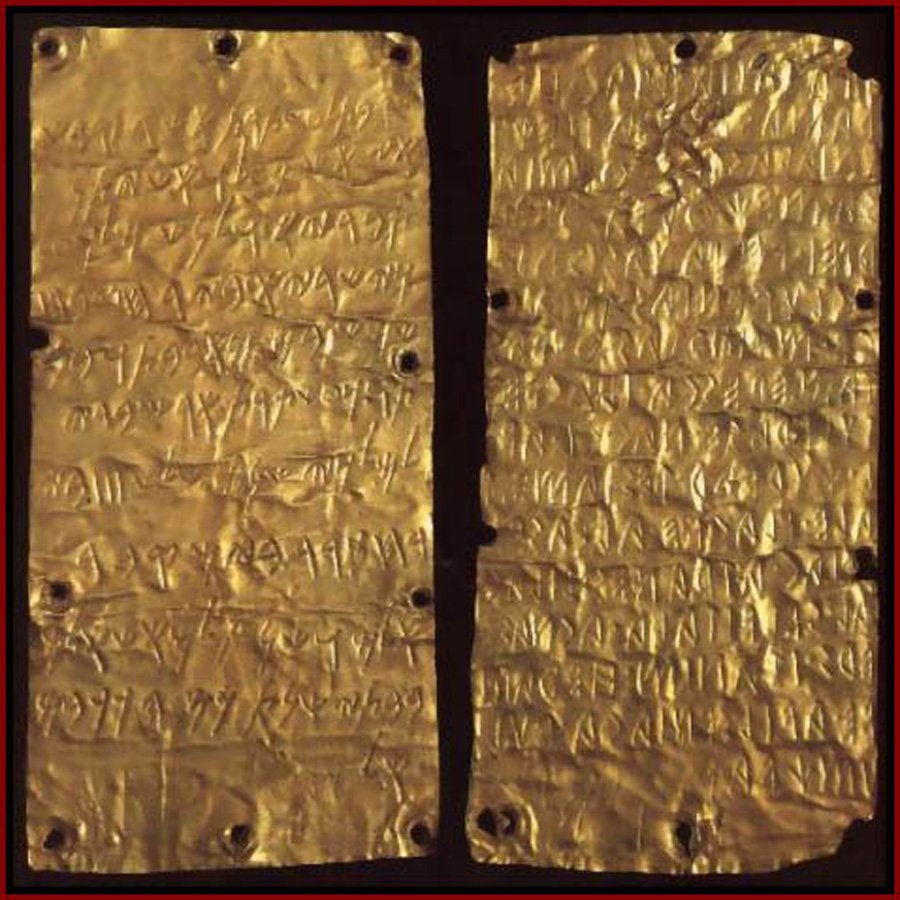One might assume that something as straightforward and fundamental as the alphabet would have existed forever. Naturally, though, it hasn't. You may be aware that ancient writing systems included the detailed images of Egyptian hieroglyphics and the marks made by reeds poking into clay in Mesopotamian cuneiform. Eventually, they were made simpler by using syllable symbols rather than word symbols, but they were still quite difficult to learn, and very few students ever learned to write.
Though others dispute this, we are frequently informed that the Phoenicians invented the alphabet. Whoever put pen to paper to produce it doesn't matter; the Phoenician contribution was nonetheless substantial and important. They were the primary sea traders in the Mediterranean, and they traveled with the alphabet.
Every nation with a coastline appears to have conducted business with them. The alphabet became known to everyone when the Phoenicians started using it as a quick and easy way to keep track of their dealings. People were greatly motivated to master the method and ensure that it was accurately recorded because wealth and money were at stake. This new technique quickly spread to many individuals and many languages because it was so much more effective than the old ones. It was impossible to stop because it had gained too much momentum.
Phoenician Alphabet
The new alphabet that the Phoenicians popularized was one of those early creations that sometimes needs its flaws sorted out. There were no vowels, just 22 consonants in all. The reader was believed to be a native speaker who would be familiar with the appropriate consonant sounds. Of course, it is not as clear when one looks back at their inscriptions a few thousand years later. You may encounter various spellings of the same term or name for a variety of reasons. The translators from antiquity and today simply did the best they could.
This Phoenician script was adopted by the Greeks, who later added vowels to it. The well-balanced mixture performed admirably. It made it possible for many other great pieces of literature, including Euripides' stage plays and Socrates' philosophy, to be passed down to us.
On the Incirli Stela, Greek writing (deep incisions) was cut into the earlier Phoenician text
The Pyrgi gold plates at the top of this page demonstrate that the Etruscans in Italy were familiar with the Phoenician script. Their plate on the left had Phoenician writing, and their other plate had Etruscan writing. The Greek alphabet was adopted and adapted by the Etruscans, who then transmitted it to Rome. The alphabet we use today was improved by the Romans in their own unique ways.









